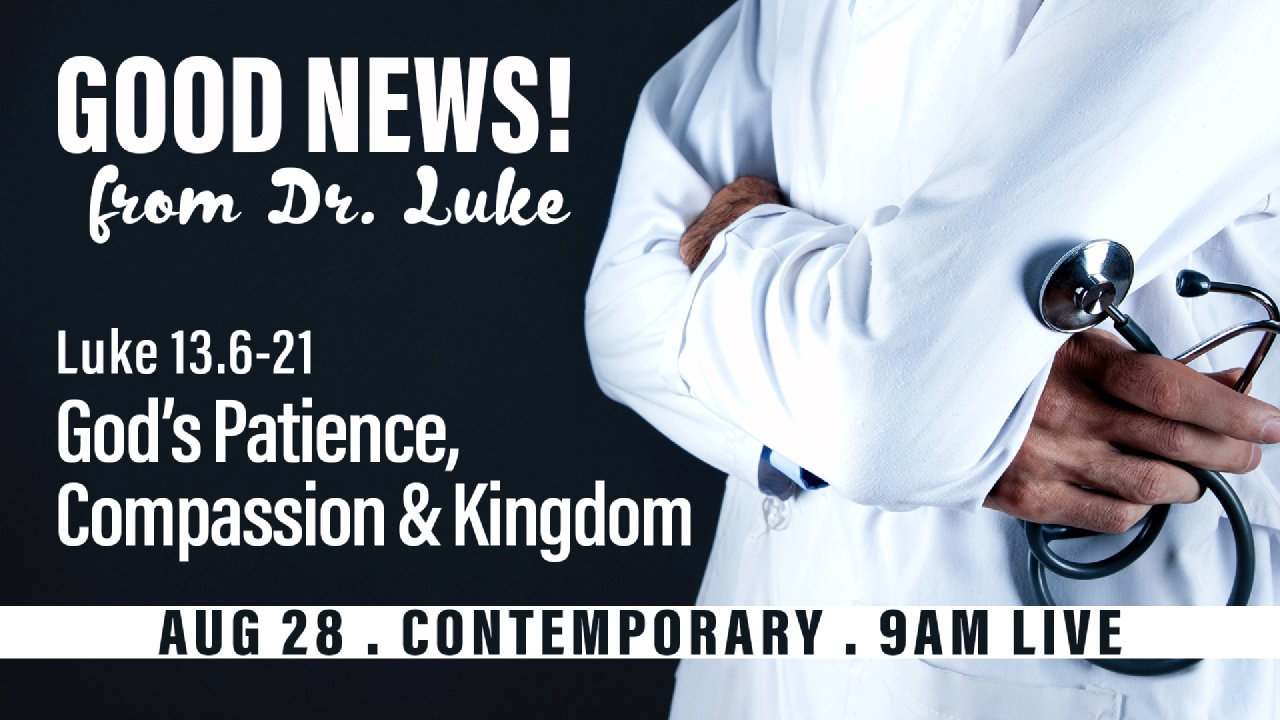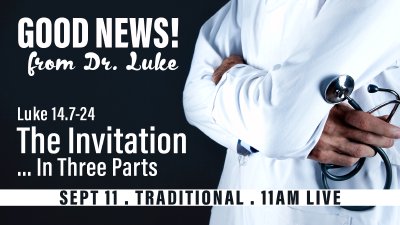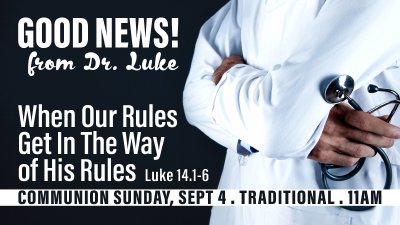One of the many things I absolutely love about Yakima is the volume and variety of trees. Pine trees, Cedars, Firs, Oaks, Aspen, Flowering, and yes … fruit trees. During our time at Ghormley our family fell in love with the tall trees we lived among. And when the wind came, and those trees swayed and groaned, even better.
In our former home in Cowiche the soil was so rich (it was a former pig farm) that we could dig by hand and what we planted flourished. My favorite fruit tree (don’t tell the others) was a beautiful and very productive Peach tree near the front of our driveway. Delicious!
In our current home the soil is not so easy to dig and the trees and plants have to work harder to survive. We do have three growing Peach trees. Last year they produced a few peaches, this year’s crop is thin, but next year (the third for the peach trees) should be glorious!
There are several seemingly separate teachings in this morning’s passage. Luke weaves them here, together, for a reason. First, Jesus offers a parable about a fig tree planted in a vineyard. Second, Jesus teaches about priorities and compassion as it relates to Sabbath rules. Third, Jesus teaches about the Kingdom of God.
Our focus today is the first and the third. Alex will return to the second of the three (controversy surrounding what is acceptable to do on the Sabbath) next week (Luke 14:1-6).
How patient are you with trees, plants, vacuum cleaners, toasters, slow drivers, the person paying in pennies and nickels? How patient are you with the people growing around you? How is your “fruit” (Galatians 5:22-23) growing? Are you patient with yourself?
In our passage about the fig tree Jesus reminds us of the love and patience of our heavenly Father! And so we Love God! Love others!

God's Patience, Compassion & Kingdom (9AM)
August 28, 2022 • Curt McFarland • Luke 13:6–21
More from
Good News From Dr Luke, Part 2







